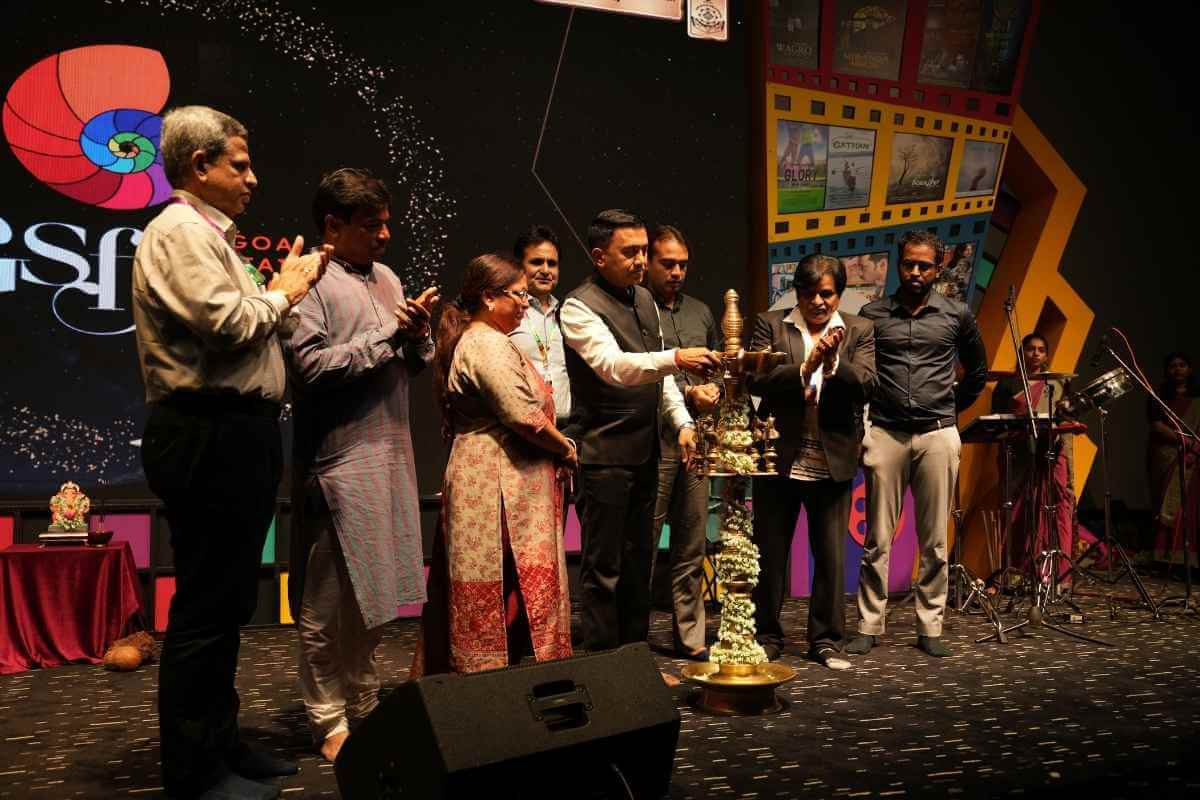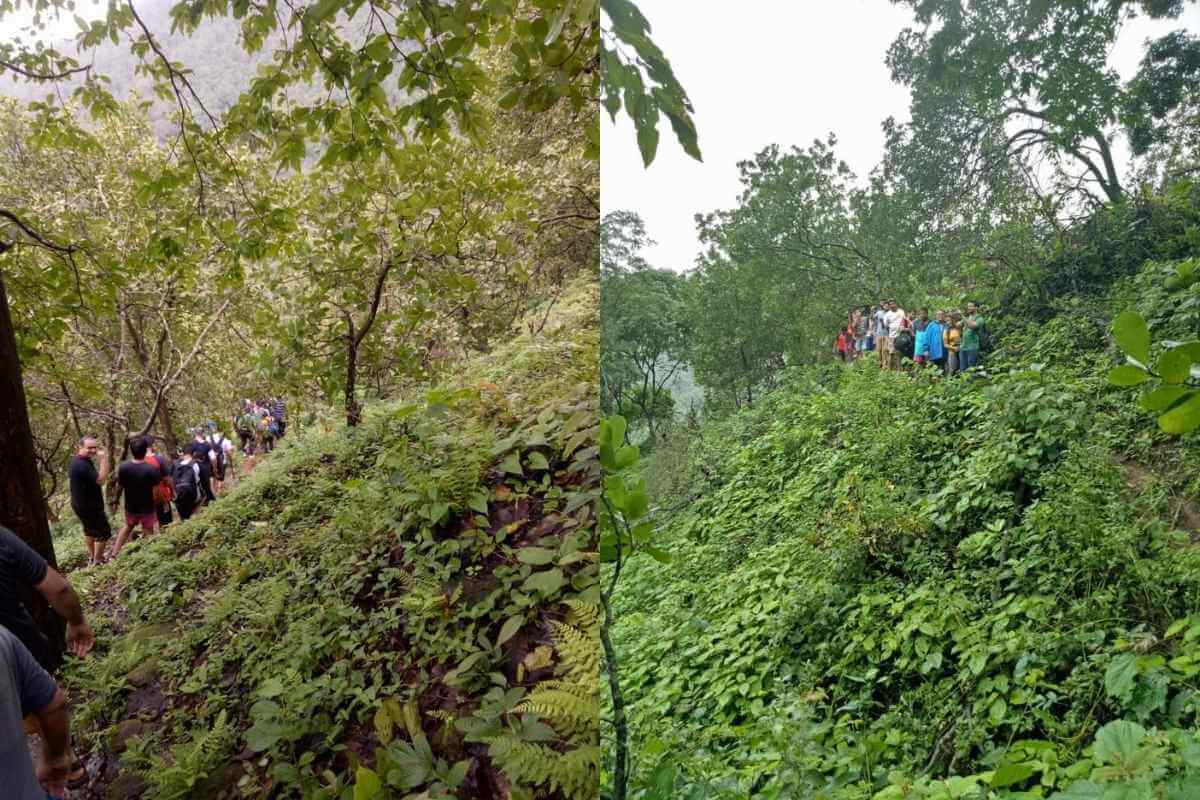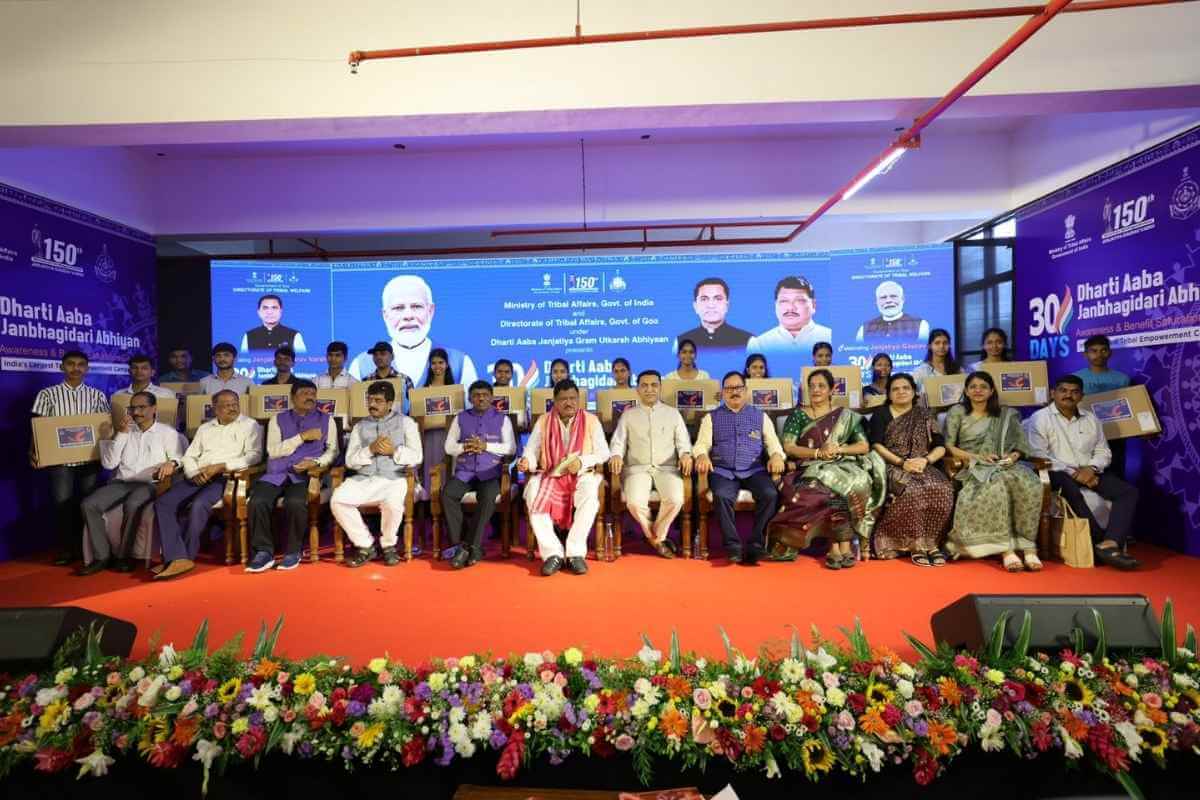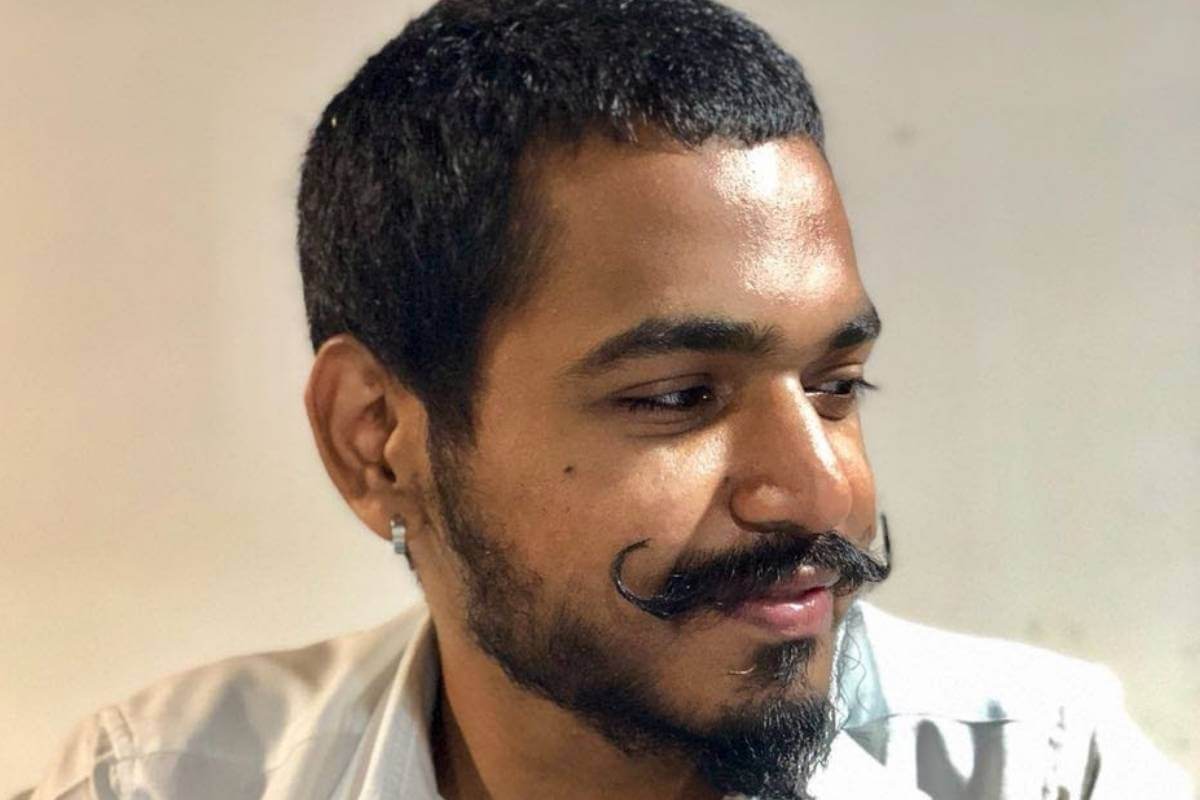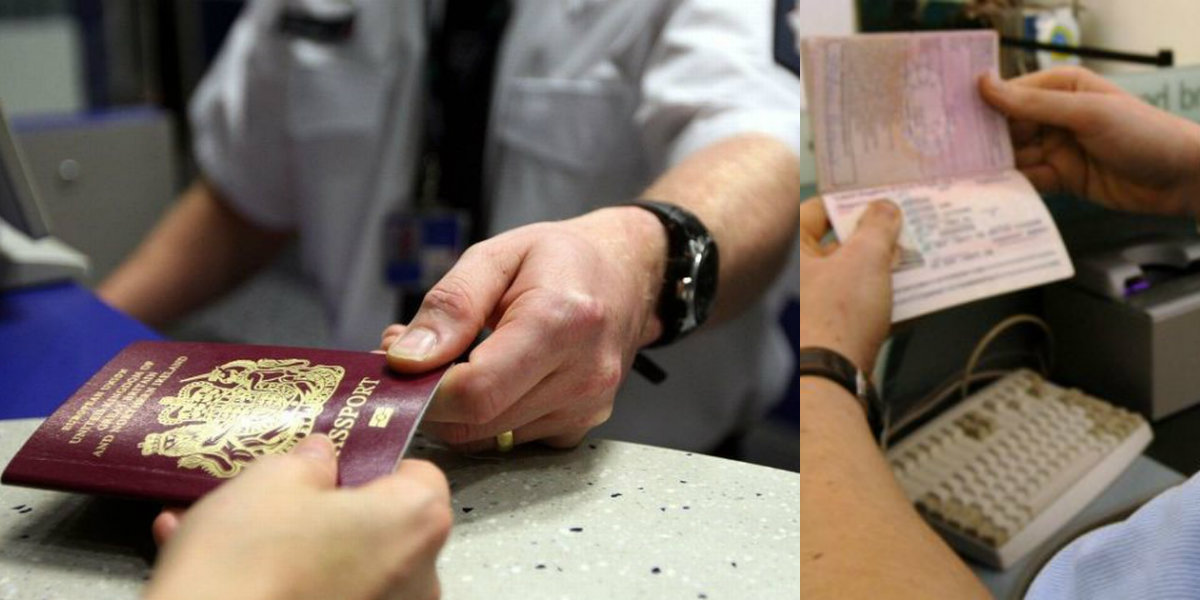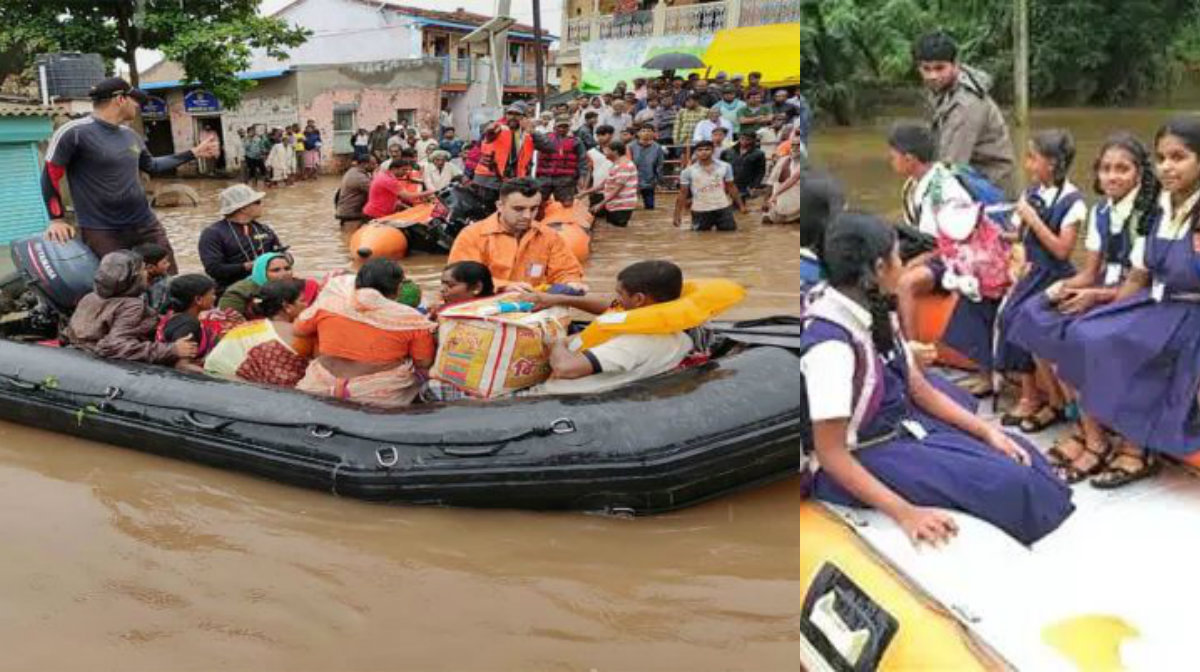In a rare and life-threatening neurological emergency, Manipal Hospital Goa has successfully saved the life of a 50-year-old woman by employing a first-of-its-kind neurosurgical approach in the state. The patient, Kriti (name changed), was diagnosed with a ruptured brain abscess that had spread into the ventricular system—a condition associated with an extremely high mortality rate. Thanks to a novel treatment protocol, the hospital’s expert team was able to achieve a full recovery, establishing a new benchmark in Goa’s neurocritical care.
The case involved a high-risk, multidisciplinary intervention led by Dr. Parul Dubey, Consultant Neurologist, and Dr. Omkar Churi, Consultant Neurosurgeon, along with support from Dr. Milind Naik, Intensivist, and Dr. Marzook, Microbiologist at Manipal Hospital Goa.
Critical Diagnosis and an Innovative Turn
Kriti was brought to the hospital in a critical condition, displaying high-grade fever, severe headache, declining consciousness, and right-sided limb weakness. She was immediately placed on ventilator support. MRI scans revealed a deep abscess on the left hemisphere of her brain, which had already ruptured into the ventricles—the fluid-filled spaces responsible for circulating cerebrospinal fluid.
Given the delicacy and depth of the infection, traditional surgical methods were ruled out. “This was a high-stakes case,” said Dr. Omkar Churi. “Surgical removal was not feasible due to the location and rupture. So, we took a bold but calculated approach using an External Ventricular Drain (EVD), not only to relieve intracranial pressure but also to deliver antibiotics directly into the infected ventricles.”
Precision Treatment, Remarkable Outcome
The medical team inserted the EVD into the ventricular system, transforming it into a targeted drug delivery system. Over the next two weeks, antibiotics were administered directly into the brain, accompanied by daily saline washes to flush out the infection. This regimen was combined with a four-week course of intravenous antibiotics, all while maintaining the highest levels of sterile technique to avoid secondary infections.
The results were extraordinary. Follow-up MRIs showed complete resolution of the abscess and swelling, and Kriti made a full neurological recovery, regaining consciousness, mobility, and cognitive function. She was discharged shortly thereafter and has since returned to normal daily activities.
A Milestone for Goa’s Healthcare Landscape
“This case exemplifies the power of innovation and interdisciplinary teamwork,” said Dr. Parul Dubey. “A brain abscess that ruptures into the ventricles is one of the most critical emergencies in neurology. Without swift and decisive action, survival is rare. What we’ve achieved here reflects the highest standard of patient-centered care.”
Brain abscesses, though rare, are medical emergencies typically caused by infections that spread to the brain via the bloodstream. When these abscesses rupture into the ventricles, they significantly increase intracranial pressure, disrupt cerebrospinal fluid flow, and escalate the risk of fatality.
By pioneering this advanced protocol, Manipal Hospital Goa has reaffirmed its position as a center of excellence in neurosurgery and critical care. The case also opens new possibilities for treating similar conditions in resource-constrained settings with precision-based, minimally invasive techniques.
This breakthrough underscores a powerful message: with innovation, collaboration, and the right expertise, even the most formidable medical challenges can be overcome.





